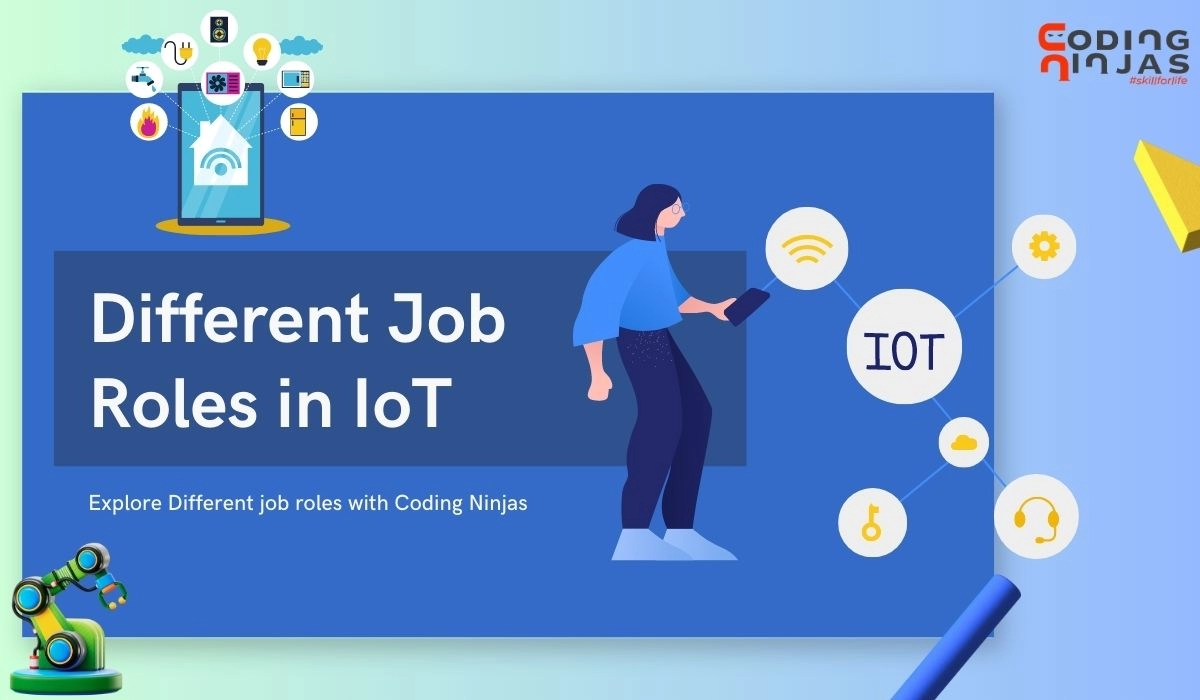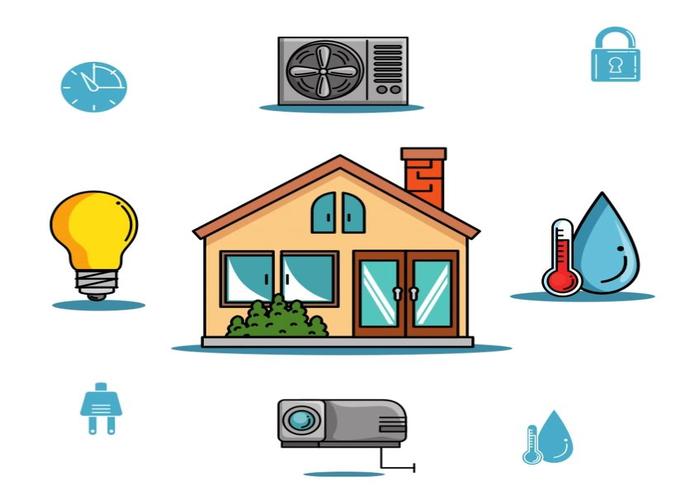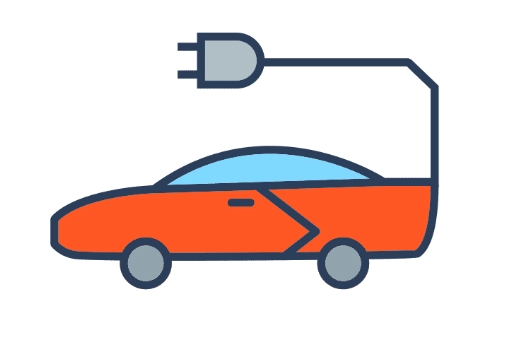Different Job Roles in IoT
Here, we will discuss Different Job Roles in IoT in detail:
IoT Solution Architect
Job Role
The IoT Solution Architect is typically responsible for designing the overarching structure of IoT solutions.
-
They must understand the business needs and translate these into technical requirements.
-
They need to be well-versed in different IoT technologies and capable of designing systems that integrate seamlessly with existing infrastructure.

Skills Required
To become an IoT Solution Architect, a strong background in computer science, engineering, or a related field, coupled with experience in designing complex IT solutions, is usually necessary.
IoT Developer
Job Role
An IoT Developer is in charge of developing software and hardware for IoT devices. They work closely with the Solution Architect to ensure that the final product aligns with the solution design.
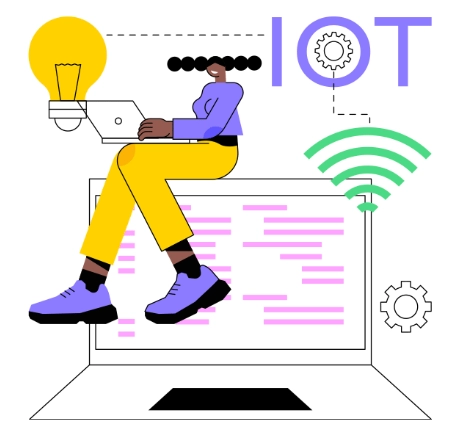
Skills Required
A proficiency in programming languages such as Python, Java, and C is essential, along with familiarity with IoT hardware and sensors. Many IoT Developers come from a software development background, but specializations in embedded systems or electrical engineering can also be advantageous.
IoT Data Scientist
Job Role
IoT generates massive amounts of data, which necessitates the role of an IoT Data Scientist.
-
They are responsible for collecting, analyzing, and interpreting large and complex datasets generated by IoT devices.
-
These insights help businesses make informed decisions and predict future trends.
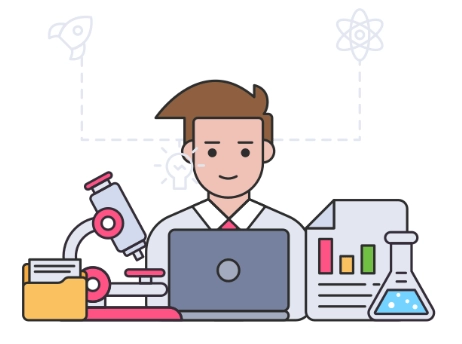
Skills Required
Skills in data analysis tools like R, Python, and SQL, as well as a strong understanding of machine learning algorithms and statistics, are crucial for this role.
IoT Security Specialist
Job Role
The proliferation of IoT devices has led to increased security threats, making the role of an IoT Security Specialist indispensable.
-
These professionals ensure the security of IoT devices, platforms, and data from potential cyber-attacks.
-
They also implement security protocols and address any vulnerabilities in the system.

Skills Required
A background in cybersecurity, knowledge of IoT architecture, and understanding the latest security risks are fundamental for this role.
IoT Product Manager
Job Role
An IoT Product Manager oversees the entire life cycle of an IoT product, from conception to market release. They liaise with various departments, including marketing, development, and sales, to ensure that the product meets market demand and aligns with the company's strategic objectives.
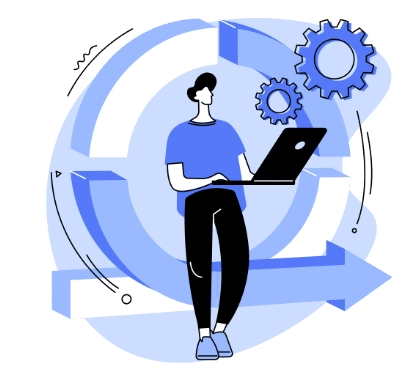
Skills Required
A strong understanding of both business and technology is required, along with excellent project management skills.
IoT UI Software Engineer
Job Role
The job role of an IoT UI (User Interface) Software Engineer involves designing and developing the user interface for IoT applications or systems.
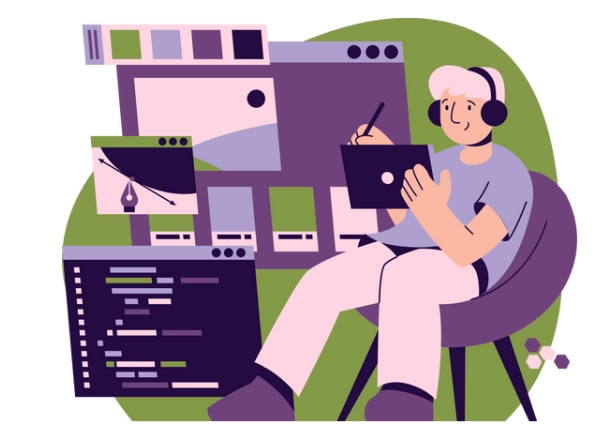
Skills Required
-
Experience building resilient applications based on HTML, CSS, SCSS, JavaScript, Angular 2+.
-
Superior visual design abilities with awareness of user-system interactions.
- Experience in responsive web designing and rich internet applications.
IoT Connectivity Engineer
Job Role
An IoT connectivity engineer is the creation and development of the devices, sensors and software that allows the device to connect seamlessly with other systems. They research, create, test and document IoT solutions with integrated systems and devices.
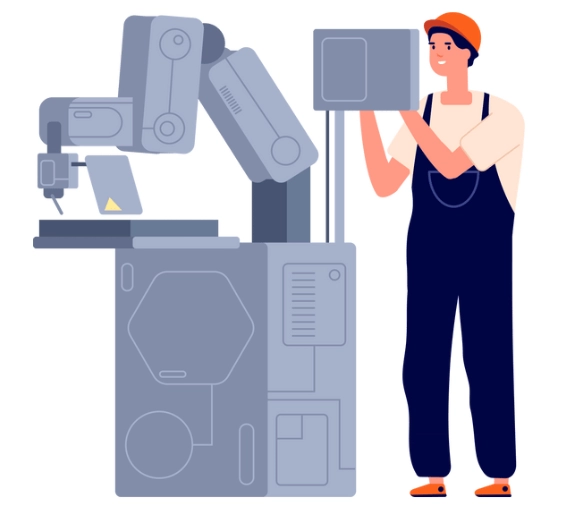
Skills Required
-
Thorough understanding of operating systems like Android, Linux, Tizen, Tizen RT, and FreeRTOS as well as connectivity protocols like BLE and Wi-Fi.
-
Proficiency of communication standards like OCF, OneM2M, Thread, and Matter, as well as protocols like MQTT, CoAP, HTTP, and DNS-SD (CHIP).
- Excellent use of programming languages like C, C++, and Python to develop solutions for systems with limited resources.
IoT Business Analyst
Job Role
Business Analysts contribute to the design and evaluation of IoT solutions.
-
They work closely with technical teams to translate business requirements into technical specifications, ensuring that the proposed solution aligns with the organization's goals and objectives.
-
They may also evaluate existing IoT platforms, technologies, and vendors to make informed recommendations.

Skills Required
-
Comprehensive knowledge of the concepts, rules, and practices used by Agile and DevOps and the associated software management technologies.
-
Must have prior expertise utilizing Java, Spring, and Spring Boot to build Microservices-based applications.
-
It must be possible to automate environment management in cloud-based systems, such as AWS or Pivotal Cloud Foundry, and have experience creating cloud-based applications.
-
Have solid application development experience using NO SQL databases.
-
CI/CD tools like GitLab and Jenkins, as well as Agile project management solutions like Jira and JiraAlign, must have been used in the past.
-
Experience with cloud native messaging platforms like KAFKA and RMQ is required.
- Must have previous expertise building cloud-native APIs with high throughput.
Frequently Asked Questions
What is the most important skill for an IoT Solution Architect?
An IoT Solution Architect should have a comprehensive understanding of IoT technologies, as well as the ability to translate business needs into technical requirements.
What role does an IoT Developer play?
An IoT Developer is responsible for creating the software and hardware components of IoT devices, ensuring they align with the solution's design.
Why is an IoT Security Specialist essential in the IoT industry?
An IoT Security Specialist is crucial as they safeguard IoT systems and data from cyber threats, ensuring the privacy and security of user data.
Conclusion
As the field of IoT continues to evolve and grow, the demand for professionals skilled in these roles is only set to increase. Whether it’s developing new IoT devices, analyzing IoT data, ensuring the security of IoT systems, or managing the life cycle of an IoT product, there are abundant opportunities in this dynamic field.
Those aspiring to enter the IoT industry should consider acquiring the necessary skills and qualifications to take advantage of these emerging job roles.
You can refer to our guided paths on the Coding Ninjas Studio platform. You can check our course to learn more about DSA, DBMS, Competitive Programming, Python, Java, JavaScript, etc.
To practice and improve yourself in the interview, you can also check out Top 100 SQL problems, Interview experience, Coding interview questions, and the Ultimate guide path for interviews.
